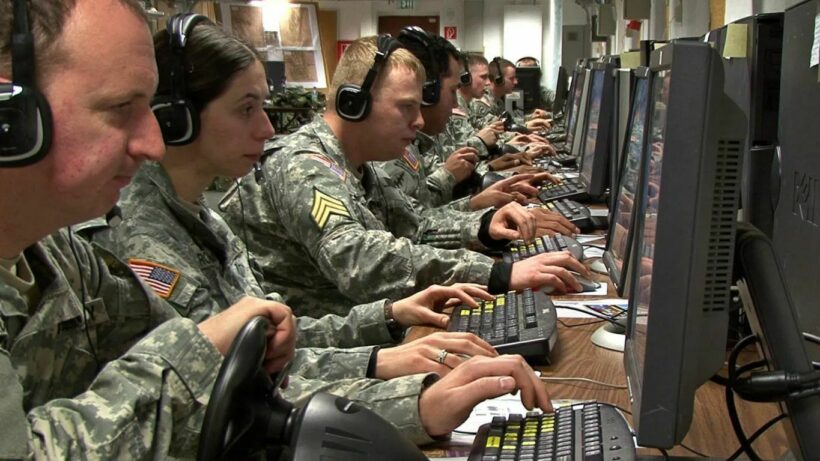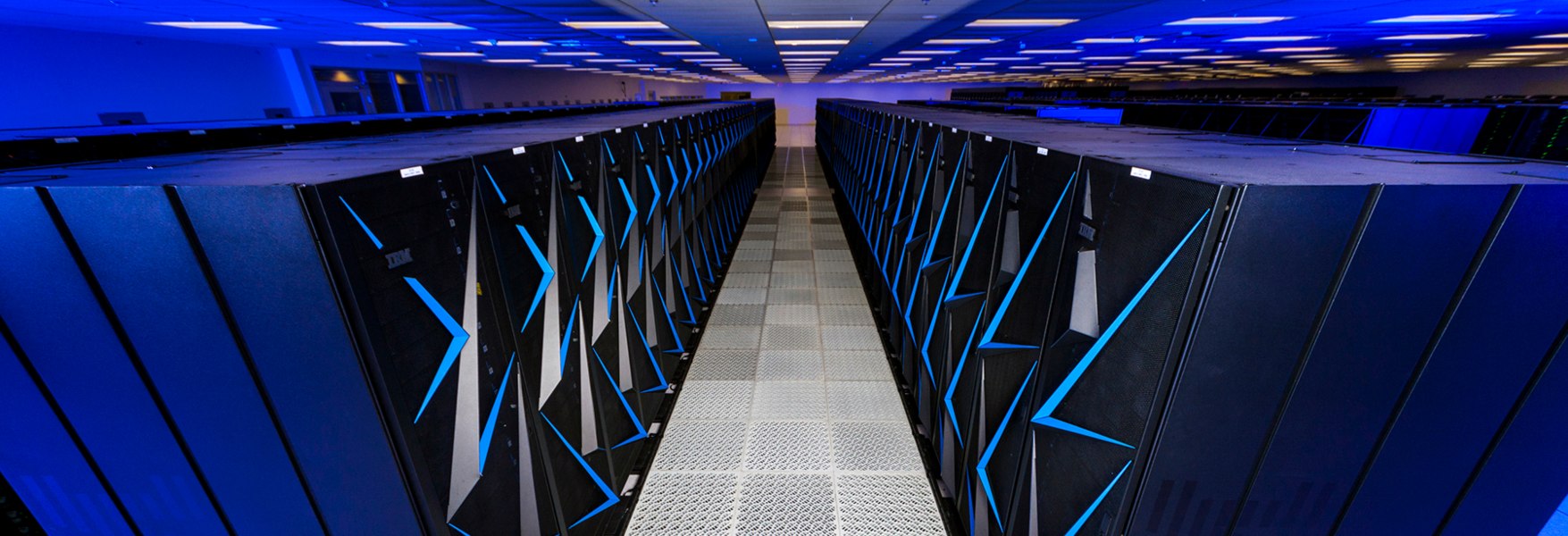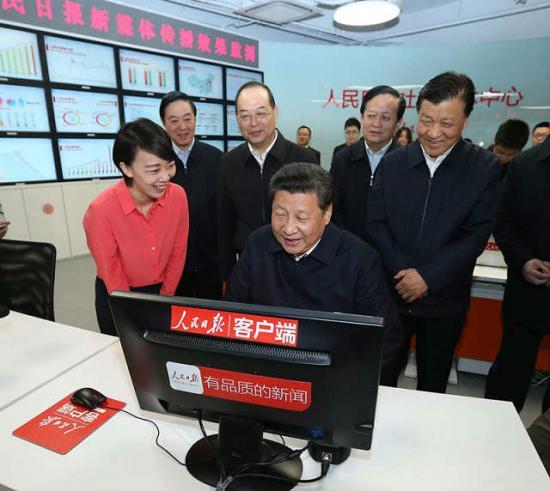Superpowers fight for supercomputer supremacy

Sanctions designed to cripple China’s chipmakers are the US weapon of choice, as skirmishes begin in the superpowers’ fight for supercomputer supremacy.
The current most-favoured US target for fear, hatred and sanctions – China’s semiconductor industry – has good reason to worry about the world’s policeman, now turned world’s store detective.
The US will do almost anything to keep its competing superpower as far behind as possible. In October, Washington announced the most far-reaching controls yet, pretty much-banning exports of chips to China by all companies, everywhere, using US “tools” or software (MS Word, anyone?). According to the BBC, Washington has also banned US workers from dealing with Chinese chip companies.

The US is doing everything to prevent “sensitive technologies with military applications” from being acquired by China. China calls the controls “technology terrorism.” Taiwan, Singapore and South Korea, chip producing nations, worry about the global supply chain.
Washington just added 36 more Chinese companies, including major chipmaker YMTC to the “entity list.” American companies now need permission to sell technology to them. Last week, the UK’s Arm said it could not sell its most advanced designs to Alibaba because of US and UK controls. Japan and the Netherlands could soon limit the dealings of Japanese and Dutch companies with China.
The WTO has already ruled that Trump’s tariffs on steel and aluminium broke global trade rules. Two-thirds of goods China sells to the US are subject to tariffs.
China recently filed a complaint with the WTO over semiconductors. China says the US is using export controls to maintain its leadership in science, technology, engineering and manufacturing. The US says that national security has nothing to do with the WTO.

Chipmakers have locked a cycle of making yet more advanced chips to support yet more new products. For instance, Apple’s new laptop will contain chips from industry leader Taiwan Semiconductor Manufacturing Company measuring 3 nanometres. To put that into perspective – a human hair measures roughly 50,000 to 100,000 nanometres.
Analysts say US controls could put China further behind, though Beijing on one hand says it doesn’t give a toss while tossing quite a lot with the other. Xi’s new empire has openly declared that it will prioritise manufacture and become a semiconductor superpower. There’s a five-year plan, so that’s sorted.

Latest Thailand News
Follow The Thaiger on Google News:


























